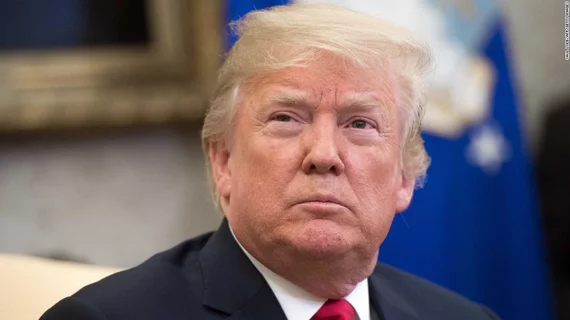President Trump taking unproven drug to prevent COVID-19 infection
President Trump recently stated he was taking hydroxychloroquine, an anti-malaria drug that has been unproven to prevent or treat infection of COVID-19. Trump has touted the drug over the past several weeks for benefitting COVID-19 patients, but studies have shown little to no impact.
The drug is FDA-approved for the treatment of malaria and some autoimmune diseases such as lupus and rheumatoid arthritis.
“I’m taking it, hydroxychloroquine,” Trump told reporters Monday. Trump said he started taking it “a couple weeks ago” with other medicines. Trump has not tested positive for COVID-19, though at least two people in the White House have tested positive within the past few weeks.
Trump also claimed that “many, many frontline workers” are taking the drug as a preventive measure from contracting the virus.
White House Director of Communications Alyssa Farah confirmed to The New York Times Monday that the president had been taking hydroxychloroquine.
Medical experts have voiced concerns about pushes for the general public to take the drug, given possible serious side effects.
The FDA even warned against taking the drug outside of a hospital setting or clinical trial because there are associated heart risks.
“Hydroxychloroquine and chloroquine have not been shown to be safe and effective for treating or preventing COVID-19,” the FDA’s warning reads.
House Speaker Nancy Pelosi (D-CA) also voiced her concerns about Trump taking the drug given his health status. President Trump is 73 years old, with a known common heart disease, and is “morbidly obese,” Pelosi said during an interview with CNN’s Anderson Cooper May 18.

